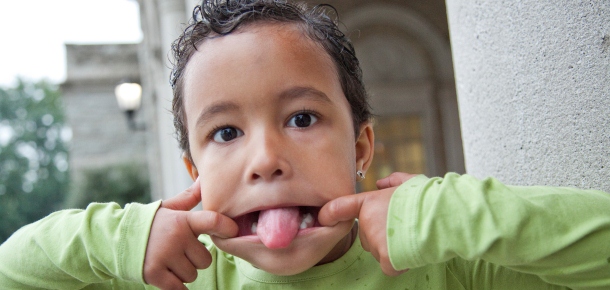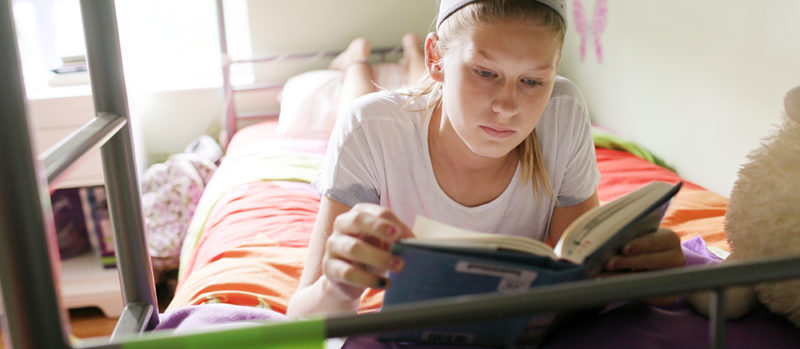What do you do when you first hear your child swear? It can be quite shocking to hear, and you’ll probably wonder where they learned the language, whether or not they understand what they said, and what to do about it.
Children are like sponges. They soak in everything from their surroundings – at school, child care, on TV, the things parents, teachers, coaches, relatives say … anything and everything around them is something to be absorbed.
Sometimes when a child swears, they may be repeating something they’ve heard through any of these channels and not realize what it means – its significance and implications. It is important to talk with your child, not from a place of shock, anger or disappointment, but instead from a place of calm where you can help normalize the experience and discuss the power of words, educating them on different types of language, and what is appropriate and what may not be.
Other times, because children imitate, try on and try out different ways of interacting with others, they may have observed reactions that others receive when using colorful or inappropriate words or phrases and want to experiment with using them as well. This is where, again, normalizing your response and educating is important. And, if the words observed were being used in anger or upset, and the child tries it out in this way – when they themselves are upset, it is helpful to talk about other avenues for expressing frustration that can be used without having to use such language.
As children get older, often late elementary or high school aged, they can sometimes perceive foul, inappropriate, sexualized or graphic language as powerful, provocative, socially appropriate and “cool.” In such cases, it is helpful to let them know the words are not shocking to you – that you know all of them, and then explain why you choose not to use them. This takes some of the power they may perceive the words to have away, and gives an opportunity for talking with your child about the values they hold and how the words they say can affect their overall sense of self and how they are perceived – by themselves and others. You can share with your child that such words are not consistent with who you see them as and empower them to use words that better reflect the person they want to be.
And, of course, you can appropriate consequences if you choose if unapproved language is continued in your presence or communicated in emails, letters, text messages or on social media. This is the avenue I take with my own children.
Most importantly, at any age, it is important for parents to act, but not overreact. And, in the words of Ronald Reagan: “Trust, but verify.” It is important to listen to our children, as well as also look at all of the ways they communicate so we can learn about where they are in terms of their use of inappropriate or culturally insensitive language, and how to best support them in making wise choices with the words they use.






My son sees Dr. Hansen. He is a fantastic dr for my son. He has helped him in so many ways. I am very pleased with him.